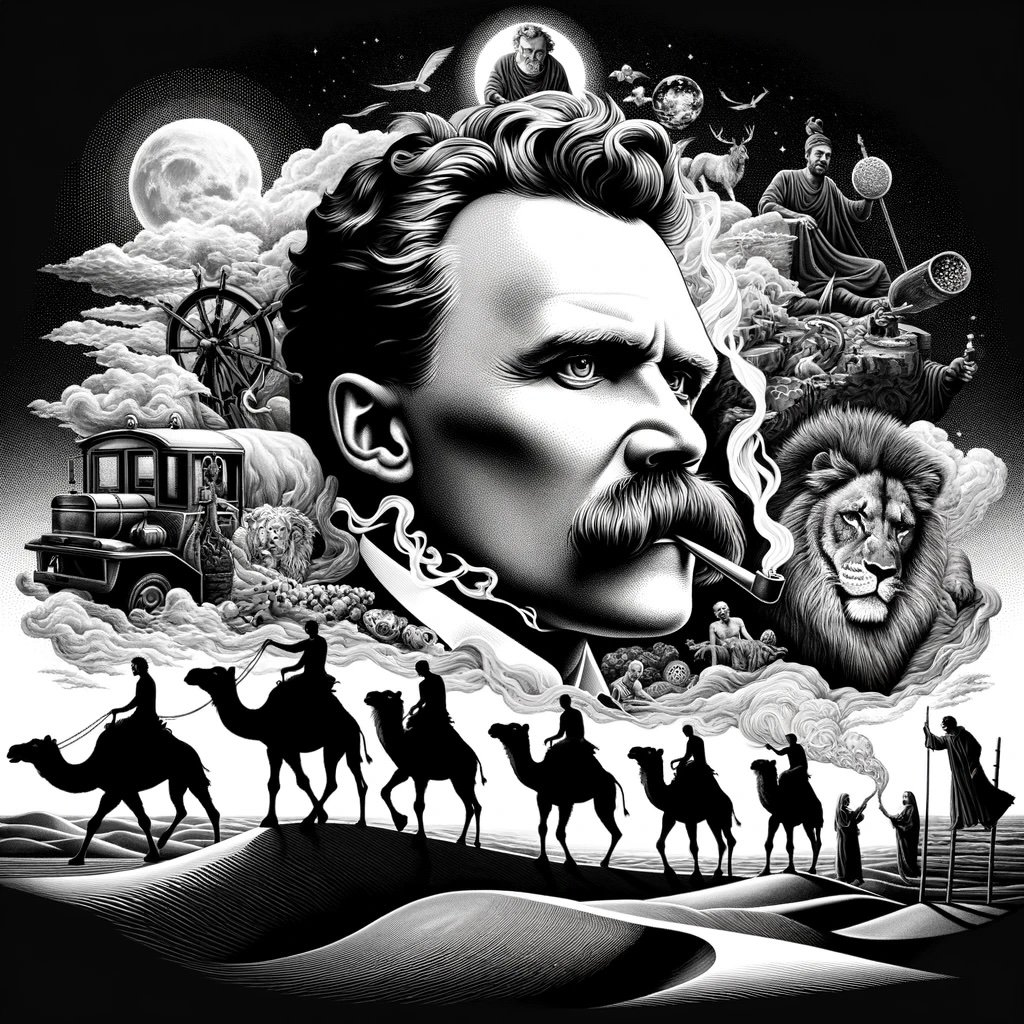I have limited experience with camels. My mother dated a guy who smoked a pack of Camels every day. I don’t remember much about him other than his yellow mustache which made me sick. Watching him smoke was enough to keep me out of the habit. Two more times, camels have influenced my life. It’s strange to think that both times happened last week.
I read an account written by William Zinsser of a trip he took to the Sahara. Zinsser was there to witness a salt caravan where desert people strap two slabs of salt (each weighing 40 pounds) to the sides of camels and then traverse across the blazing sand to deliver the minerals to a village called Timbuktu. Yes, Timbuktu is a real place in the middle of nowhere. All week long, the thought of those “Beasts of Burden” has stuck with me, trudging through the heat in a straight and orderly line. What a terrible existence, but the image is necessary if you’re going to learn to overcome yourself.
The last experience I had with camels also came this week. I’ve been studying Friedrich Nietzsche’s work. He was a European philosopher in the 19th century who felt that modern society was turning us into mindless “Beasts of Burden.” If you’ve ever gone to work feeling like a hamster on a running wheel, then keep reading.
Nietzsche proposed a 3-step system that would free us from our daily chains. It’s three stages of metamorphosis that we must go through to overcome ourselves. And the first stage, as you may have guessed, has to do with camels.
Early in your life, according to Nietzsche, you become a camel. Your parents, community, church, and government pack heavy baggage onto your back. This is what Sigmund Freud (father of psychoanalysis) would have called The SuperEgo. It’s the voice of your parents in the back of your head telling you you’re not good enough and that you must become a doctor if you want to be loved. Nietzsche hated this voice, and so should you. Living your life according to another’s expectations will never be fulfilling. That’s why you need to escape camel life as soon as possible.
Here’s the interesting thing: Camels must be broken. To make them beasts of burden, they are staked to the ground and starved. If that doesn’t work, they’re beaten until they submit to their master’s will. Do you ever feel beaten? If so, move on to stage two.
The second stage of change, according to Nietzsche, is becoming a lion. Here we’ve shaken off the heavy baggage of others, and we’ve learned to hunt and kill (become self-sufficient). We’ve psychologically removed the overbearing master in our heads and have discovered how to think for ourselves. Most people stay as camels their whole lives – few become lions. To Nietzsche, being a lion was admirable, but it was not the final goal. Let’s consider the last metamorphosis for those brave enough to make it.
A lion is powerful, but it’s not free. At this stage, you spend your time fighting off the repressive expectations you bore as a camel. You’re tied to the past. This is why lions are often seen as feisty people, always in defense mode. To truly overcome yourself, Nietzsche taught, you must become the child. In this final stage, you have no past and you’re not aware of anybody’s belief structures. You get to move forward at your own pace and design a value system that makes sense to you.
I’ve been a camel my whole life. In September, when I stepped away from the Mormon church, I did so because I was loaded with other people’s baggage and beliefs. I’ve lived as a lion now for five months and it’s exhilarating, but I know that I have a long road ahead of me. These changes take time. They can be scary, painful, and exhausting. Be patient with yourself and the changes you hope to make.
I’m trying to become a child, which is why philosophy is so important to me. Learning to think for myself and ask critical questions about the herd is no easy task. Wish me luck.
Here’s to you and your process of overcoming the self.
Read slowly – take notes – apply the ideas.
-Eddy
